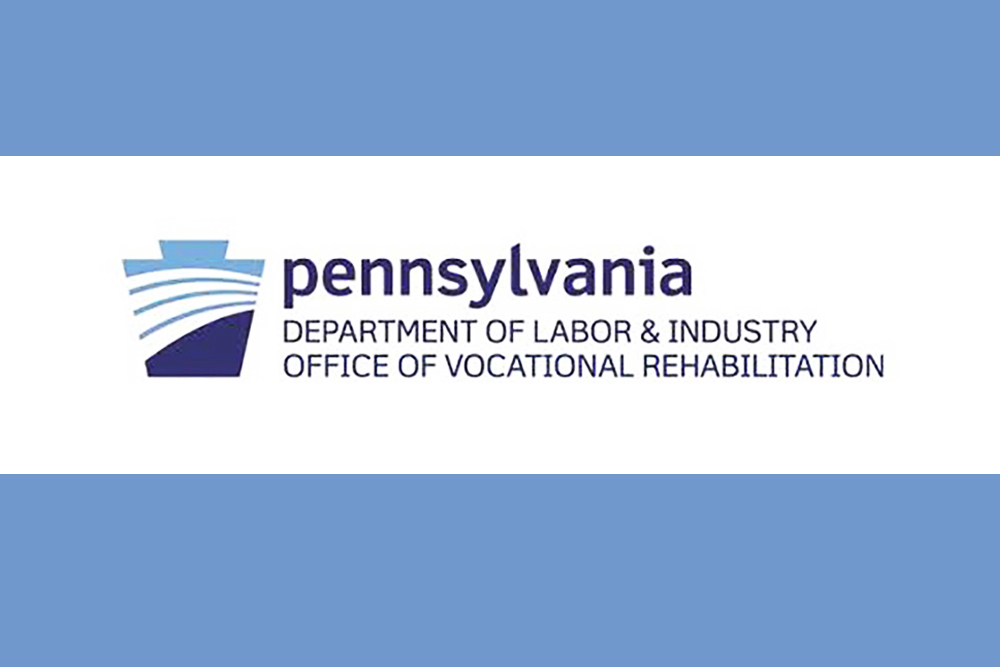
According to the International Association for the Study of Pain (IASP), the definition of pain is “an unpleasant sensory and emotional experience associated with, or resembling that associated with, actual or potential tissue damage”1. As a staff member or a caregiver, it is important to remember that pain is a personal experience. Pain is meant to be a signal of danger to the body, and it can be related to different physical or psychiatric conditions. Untreated pain could lead to a variety of challenging behaviors. If someone is reporting pain, it should be respected and addressed.
However, some people may have difficulty verbalizing if they feel pain or discomfort. Pain can also be communicated behaviorally, through facial grimacing, crying, screaming, aggression, guarding or holding certain body parts, etc. It is the staff or caregiver’s responsibility to learn how to recognize symptoms of pain. PCHC has developed the Management of Pain for People with Intellectual Disabilities and Other Developmental Disabilities booklet. This resource focuses on methods to identify, assess, and manage pain in individuals who depend on others to interpret their unique communications. This important resource can be found on our website or via this link: PCHC’s Management of Pain for People with Intellectual Disabilities and Other Developmental Disabilities.
PCHC has a health promotion activity plan (HPAP) on chronic pain.
Visit here for our other physical health publications.
















